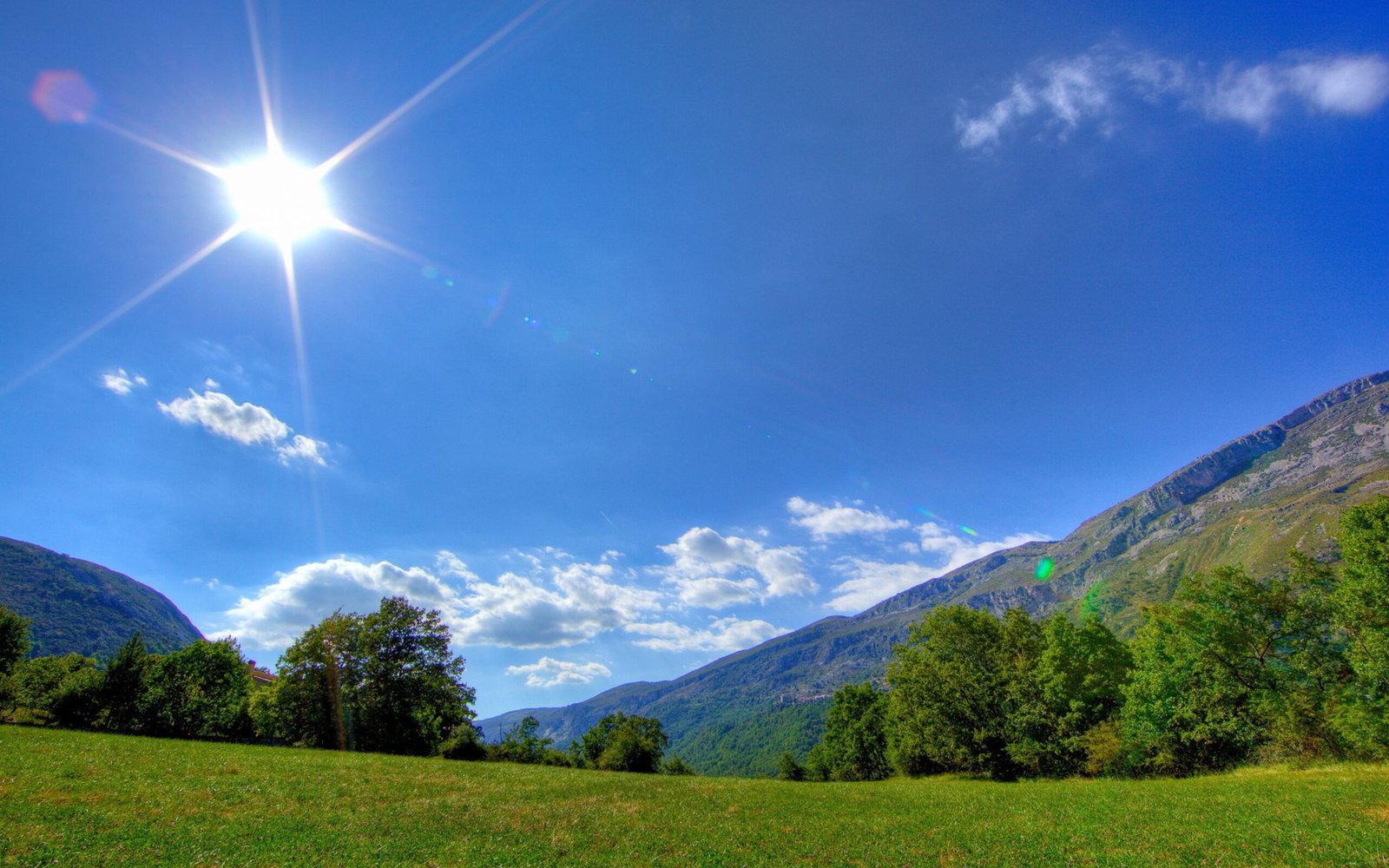Answered by Shaykh Khālid Saifullāh Al Raḥmānī
Rendered into English by Shaykh Yūsuf Badāt
Question:
What is the ruling of keeping Ramadān fasts in regions where the days are lengthy? What if the day stretches to 17 hours? Are we still to fast? What about the elderly and weak? How would the people living in regions of the far north fast, because the daylight can extend up to 6 months there?
Answer:
Clear texts appear in the Qurʿān and Ḥadīths regarding the time stipulations of fasting. Fasting begins from at dawn and ends with the sun set. This (timeframe for fasting) is the consensus of the Muslim ummah (community), even though, one may find difference of opinion in some minor matters regarding fasting. It is certainly possible that there will be time increase and decrease in the duration, based on conditions surrounding seasons and geographical locations of the earth.
If there is slight disparity in duration, such as sixteen hours or seventeen hours instead of the regular twelve hours of the day, the ruling will not change.
If there is significant disparity such as, the day extending to twenty hours or twenty two hours, and the night is only two or four hours, then too, the ruling is the same, based on the clear dictates of the Qurʿān and general Ḥadīths. This is the verdict whereupon the fatwā is issued.
Yes, there are occasions where fasting may be difficult upon the weak and excessively old aged. In such cases, there is permission for them to not fast during the month of Ramadān, and there after make them up when the season changes, when the days are shorter, hence making it easier for them to bear the difficulty of fasting. The Fuqahā (Islamic jurists) have taken into consideration ‘vicious hunger’ and ‘destructive thirst’ as a valid excuse to not fast. They have stated;
“And from the valid excuses is thirst and hunger, when one fears death or mental dwindle from them, such as a maid who becomes very weak due to her labour work load and fears death due to her fasting. Similarly, the one who is appointed by an authority to complete the construction of a building during the heat of the summer, if he fears death or mental dwindle”. (Al Fatāwā Al Hindiyyah 1/106)
As for the regions where the day extends excessively (more than twenty four hours) and similarly the night, then the commencement of the month of Ramadān and the timings to begin and end the fast, is to be conducted by estimation resembling the ruling of ṣalāh (in such regions). It is also appropriate for the inhabitants of such regions to calculate the timing of beginning and ending of fasts, in accordance to the (timings) of the nearest region, where there is regular durations of the night and day. For indeed the time is considered a sign, as per the previous discussion. This is the unanimous ruling of the International Islamic Fiqh Academy (Rabiṭah Al-‘Ālam Al Islāmīy), which reads as follows:
“Those regions wherein the night or day prolongs, to twenty four hours or more, due to the yearly difference of seasons and climate, the timings of ṣalāh (prayer), fasting, and other religious practices, are to be calculated according to the nearest countries to them, where there is clear distinction of night and day within a duration of twenty four hours”. (See Resolutions of the Islamic Fiqh Academy page 91)
And Allāh Knows Best




